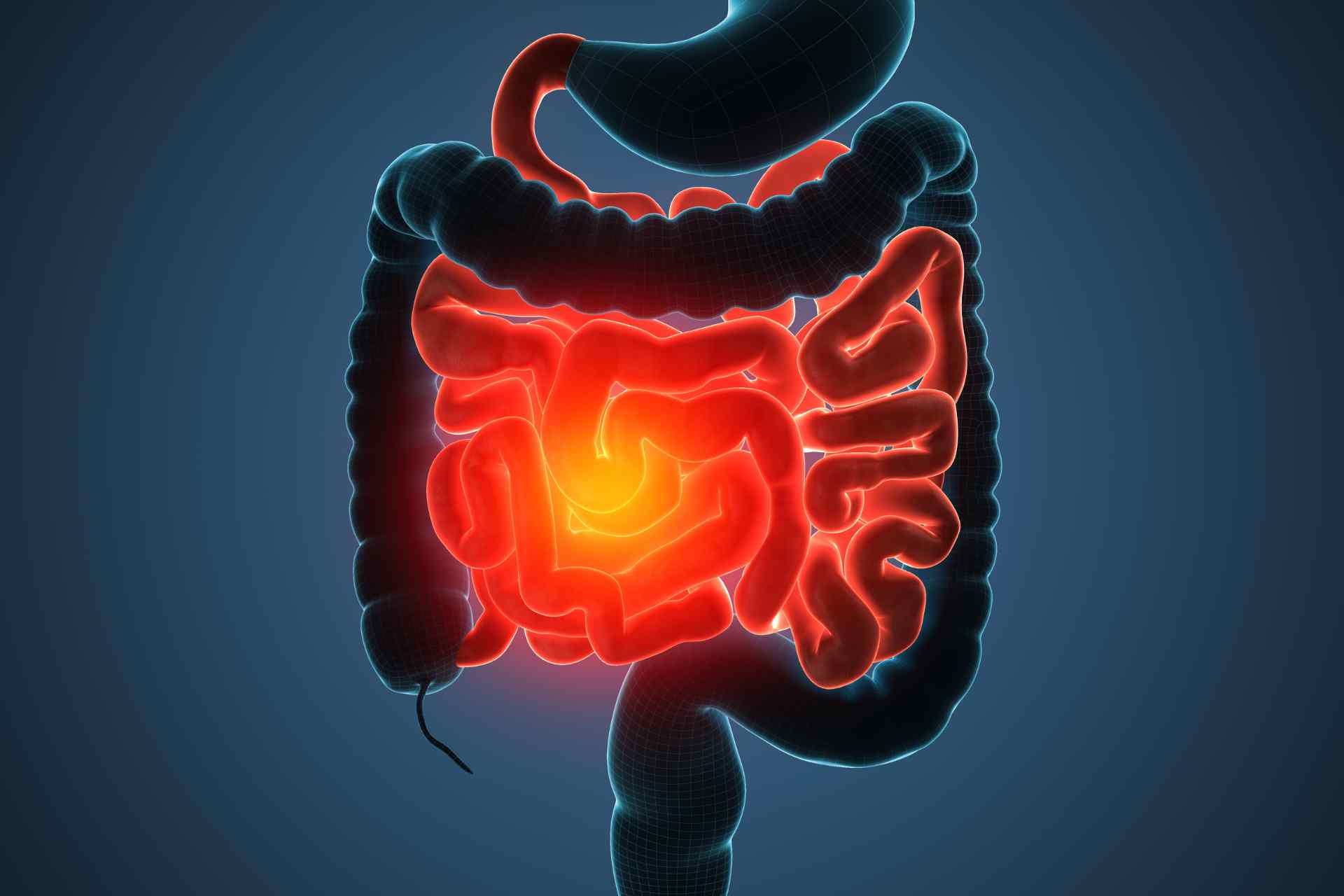Inflammatory bowel disease (IBD), a chronic condition that causes inflammation in the digestive tract, arises when the immune system loses tolerance to beneficial gut microbes, resulting in inflammation. Now, researchers have found that a molecule called STING helps certain immune cells in the gut sense bacteria and support a balanced immune response.
The findings, published in Immunity, show that STING activity is important for gut health and that targeting this molecule could offer new treatments for inflammatory conditions such as IBD.
In the gut, certain bacteria promote special immune cells—called Tregs—that help maintain a balanced immune response, but changes in gut microbes can reduce them and increase harmful immune cells, leading to long-term inflammation. However, how immune cells sense microbes and why they malfunction in disease is still not fully understood.
To address this question, researchers led by Wenqing Zhou at Cornell University in New York investigated how gut bacteria support immune tolerance in mice.
Protective cells
Specific immune cells in the gut—called ILC3s—strongly respond to Helicobacter hepaticus, a common gut bacterium that can help train the immune system to tolerate beneficial microbes. Unlike other immune cells, ILC3s don’t rely on the usual microbe-sensing receptors but instead use a molecule called STING, which detects microbial DNA.
ILC3cells showed high levels of STING activity after exposure to the bacteria, and they responded by turning on specific immune genes. The presence of STING in these cells was reduced in germ-free or antibiotic-treated mice, the researchers found.
When STING was removed from ILC3s, the number of gut-protective Treg cells that recognize H. hepaticus dropped. ILC3s lacking STING also failed to migrate to lymph nodes in response to gut bacteria, which impaired their ability to trigger the formation of Treg cells that keep the immune system tolerant to helpful microbes.
Collateral damage
Mice whose ILC3s lacked STING developed severe inflammation after being exposed to certain bacteria. During gut inflammation, STING became overactive, causing ILC3s to die and weakening immune protection. Similar results were seen in samples from children with Crohn’s disease, a type of IBD, where STING levels were high and ILC3 numbers low.
The findings suggest that while normal STING activity helps maintain immune tolerance, excessive STING activation damages beneficial immune cells and may worsen inflammation.
The study also suggests that targeting STING could help offer new treatment approaches for cancer, due to its ability to boost the immune system, the authors say. However, they add, “given the detrimental role of dysregulated STING activation in tissue-protective ILC3s, strategies that specifically and locally target STING for cancer treatment might be required to avoid collateral damage to the gut.”









